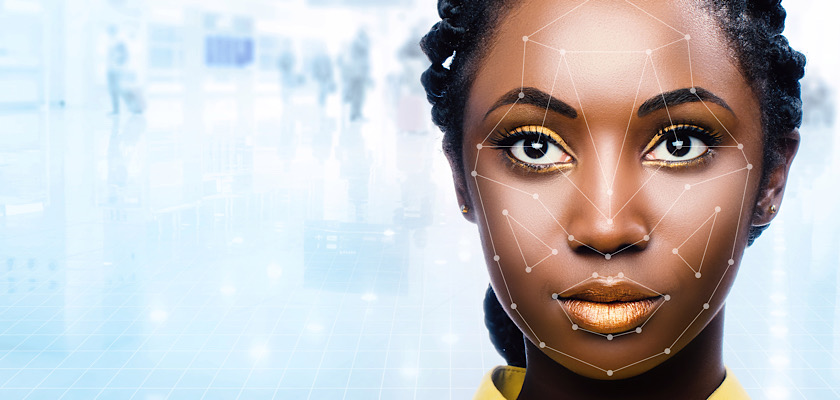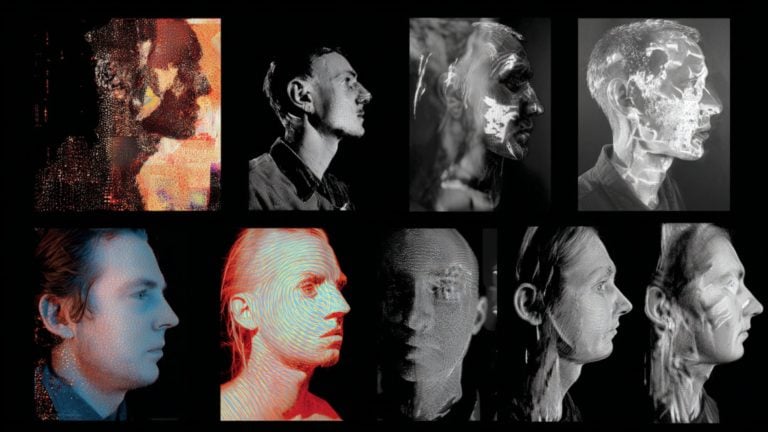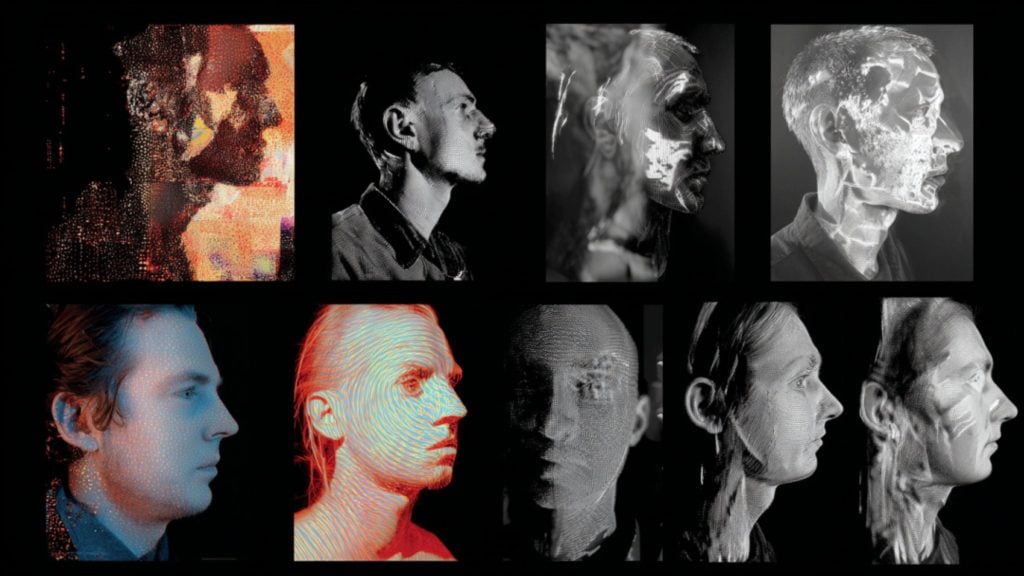Leaked documents obtained by the Financial Times show that state-owned Chinese tech companies are drafting proposals that shape global facial recognition standards.
According to the documents, China Telecom, Dahua, and ZTE are proposing new international standards that influence the United Nation’s (UN’s) International Telecommunication Union (ITU) standards for facial recognition, video monitoring, city, and vehicle surveillance.
These ITU standards are increasingly being authored by companies rather than government officials. Once drafted, these standards are highly influential on the global rules for using and developing facial recognition, particularly in developing countries.
According to Richard Wingfield, the Head of Legal at the human rights group Global Partners Digital: “African states tend to go along with what is being put forward by China and the ITU as they don’t have the resources to develop standards themselves.”
Surveillance infrastructure from Chinese companies, some of which are state-owned, is already prevalent in many African nations such as Angola, Uganda, and Zimbabwe. This means that state-owned Chinese companies are both collecting facial recognition data from these African nations and also shaping the policy that governs how it can be used.
One of the ITU proposals from China Mobile and ZTE was accepted as a standard in June. This proposal laid out “requirements and functional architecture of a smart street light service” and included an option to “add video monitoring capabilities when deploying smart street lights.”
One source who works closely with the ITU said: “Unsurprisingly the requirements set out in the [standard] reflect the design of ZTE’s Smart Street 2.0 street light. This places ZTE at a significant advantage over its competitors.”
This isn’t the only concern critics have raised about the influence of Chinese companies on ITU standards. Digital rights groups have also warned that individual privacy and freedom could be compromised.
“There are virtually no human rights, consumer protection, or data protection experts present in ITU standards meetings so many of the technologies that threaten privacy and freedom of expression remain unchallenged in these spaces,” said Mehwish Ansari, who leads ITU work at digital rights non-profit Article 19. “When it comes to facial recognition [these standards are] extremely dangerous from a human rights perspective.”
The draft standard for facial recognition currently requires the storage of the following facial recognition data in a database:
- Birthmarks
- Face style
- Race
- Scars
- Skin color
This draft standard is expected to be completed by the end of 2019 and then fast-tracked for approval.
Some of the proposed uses for this facial recognition technology include:
- “Black list alarms” that can be used to identify specific targets in crowded public spaces such as airports, hospitals, malls, neighborhoods, schools, and temples
- Confirmation of employee attendance at work
- Examining of people in public spaces by the police
- Arrest of criminals by comparing a country’s “fugitive library” with its “local population library” to find “local hiding criminal fugitives”
The release of these leaked documents come days after it was revealed that China wants to lead a UN agency that allows copyright holders to seize web domains. The policy which allows these domain name seizures has been criticized by digital rights groups for clamping down on parody and criticism.
It also comes as concerns about China enforcing censorship outside of its borders continue to rise with the news that WeChat is censoring US citizens outside of China when they talk about Hong Kong.










